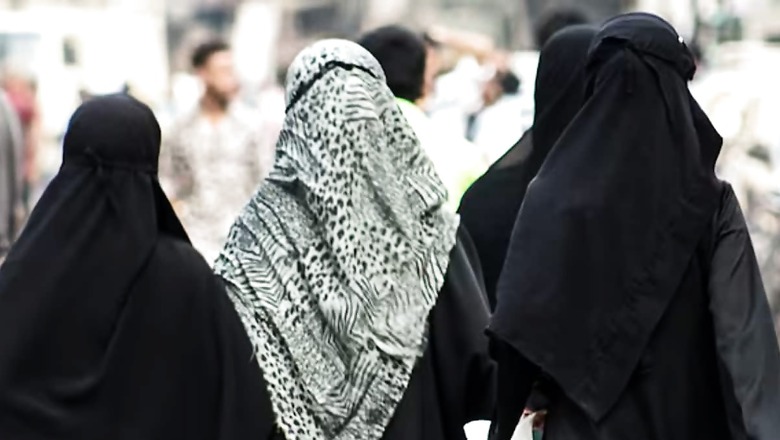
views
The Supreme Court on Wednesday ruled that divorced Muslim women in the country have the right to claim maintenance under Section 125 of the Criminal Procedure Code (CrPC), saying that the “secular” provision is applicable to all married women irrespective of their religion.
The decision came in response to a challenge by a Muslim man from Telangana who contested a High Court order to pay Rs 10,000 in interim maintenance to his former wife. Justices BV Nagarathna and Augustine George Masih delivered separate but concurrent judgments, affirming the applicability of Section 125 CrPC to all women.
The Muslim Women (Protection of Rights on Divorce) Act, 1986 will not prevail over the secular law, the two Supreme Court judges said. “We are hereby dismissing the criminal appeal with the major conclusion that Section 125 CrPC would be applicable to all woman and not just married woman,” Justice Nagarathna was quoted as saying by PTI.
Section 125 CrPC
The apex court dismissed the petition of Mohammed Abdul Samad, who has challenged a Telangana High Court order refusing to interfere with the maintenance order of the family court. Abdul Samad contended that a divorced Muslim woman is not entitled for maintenance under Section 125 of CrPC and has to invoke the provisions of the 1986 Act.
The judges stressed that if a Muslim woman is divorced during her application under Section 125 CrPC, she can seek recourse under the Muslim Women (Protection of Rights on Marriage) Act, 2019, which provides additional remedies. The top court reaffirmed the applicability of Section 125 of the Criminal Procedure Code (CrPC) to divorced Muslim women, despite the Muslim Women (Protection of Rights on Divorce) Act, 1986, which initially restricted such claims.
This follows from the landmark Shah Bano case where the Court recognised Section 125 CrPC as a secular provision applicable to Muslim women as well. The 1986 Act, however, curtailed these rights, a move upheld in 2001, according to Bar and Bench. The case arose when a Muslim woman, formerly married to the petitioner, filed for maintenance under Section 125 CrPC after their divorce. Initially, the Family Court awarded Rs 20,000 per month, later reduced to Rs 10,000 by the High Court, which urged expedited resolution.
The petitioner argued against Section 125 CrPC’s application post-divorce under Muslim personal law, citing the 1986 Act’s provisions as more favorable to Muslim women. The Court, however, stressed the universal application of Section 125 CrPC, complemented by the 2019 Act providing additional remedies.
(With agency inputs)
















Comments
0 comment